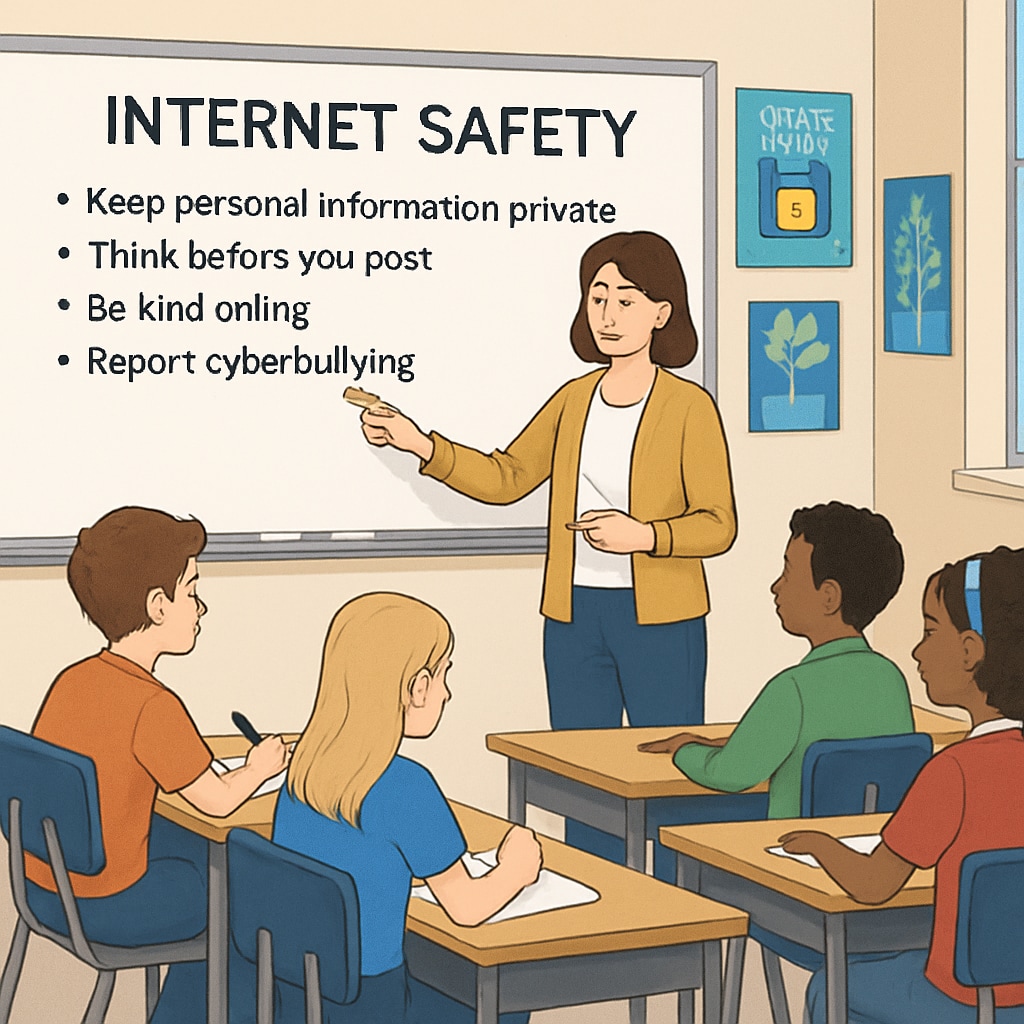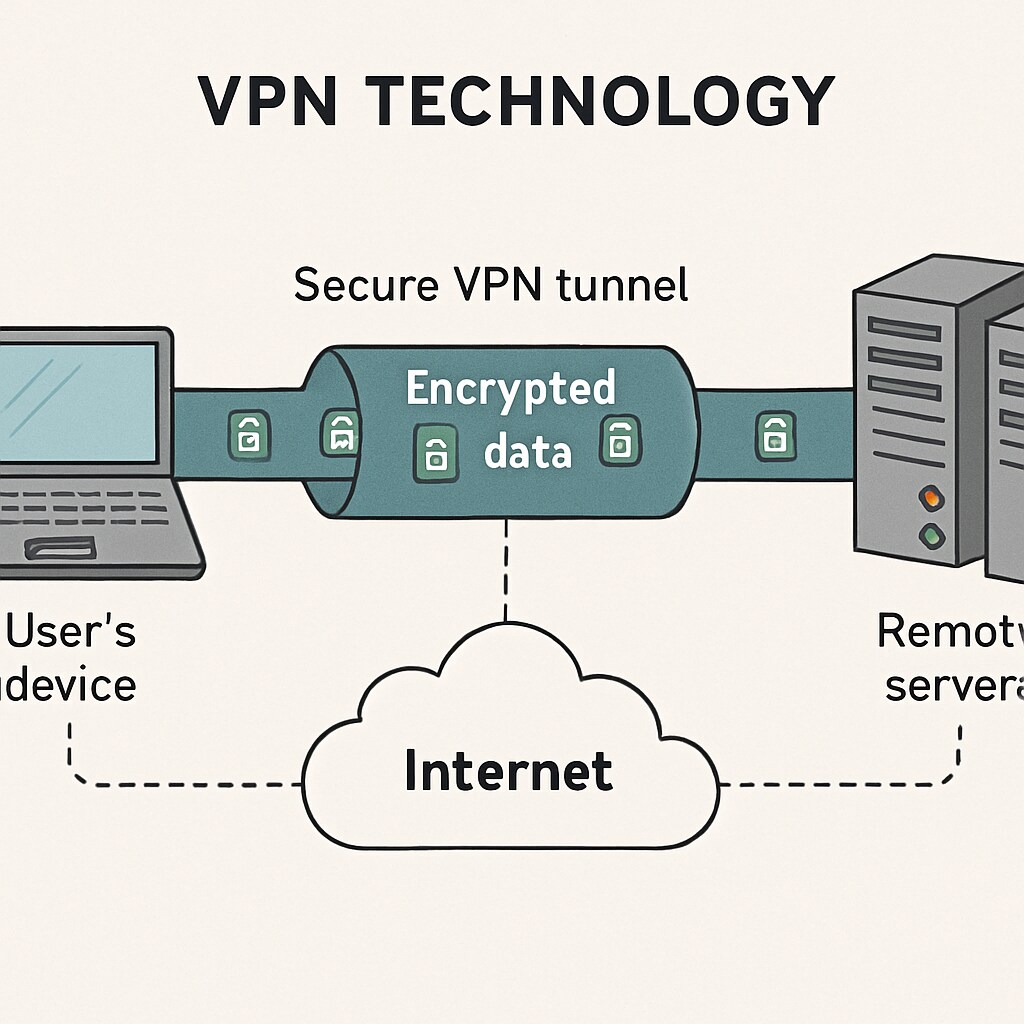The implementation of the UK’s age verification law for adult content has led to a significant surge in VPN (Virtual Private Network) usage, raising concerns about how individuals, especially children, navigate the internet safely. This phenomenon underscores the urgent need for K12 schools to play a central role in cultivating responsible digital citizens—students who can use online resources safely, legally, and ethically.

Understanding the Impact of Age Verification Laws
In the UK, recent legislation mandates age verification for accessing adult content online. While this law aims to protect minors, it has inadvertently led to an increase in VPN usage as people bypass restrictions. VPNs, which mask users’ locations and provide anonymity, are not inherently harmful but can facilitate risky online behavior if misused. As a result, this trend poses a challenge for educators and parents looking to safeguard children in the digital age.
Furthermore, the widespread availability of VPNs means that even younger users can circumvent online safety measures. Educators must address this issue proactively, teaching students about the consequences of bypassing age restrictions and the broader implications of online behavior.
Educating Students About VPNs and Internet Safety
To equip students with the tools they need to navigate the internet responsibly, schools should incorporate lessons on VPNs and online security into their curricula. Here are key strategies for effective education:
- Explain VPN technology: Teach students what VPNs are, how they work, and their legitimate uses, such as protecting data on public Wi-Fi networks.
- Discuss risks: Highlight potential dangers, including accessing inappropriate content or engaging in illegal activity while using VPNs.
- Promote critical thinking: Encourage students to evaluate why rules exist and the ethical implications of bypassing them.
- Engage parents: Provide resources and workshops for parents to understand digital tools and monitor their children’s online activities effectively.

Integrating Digital Citizenship Into K12 Education
Digital citizenship refers to the responsible use of technology to engage in safe and respectful online activity. For K12 schools, embedding digital citizenship into the curriculum is critical. Age-appropriate lessons can help students understand their rights and responsibilities in the online world. Here are some actionable steps:
- Start early: Introduce basic concepts of internet safety in elementary grades, gradually advancing to complex topics like privacy and ethics in high school.
- Use interactive methods: Employ role-playing scenarios, online games, and multimedia tools to make lessons engaging and relatable.
- Collaborate with experts: Partner with cybersecurity professionals and organizations to keep lessons current and impactful.
- Encourage advocacy: Inspire students to share their knowledge with peers and become ambassadors of digital responsibility.
By fostering a culture of awareness and accountability, schools can help students develop critical thinking skills and an ethical framework for navigating the internet, ensuring they are prepared for challenges posed by technologies like VPNs.
Looking Ahead: The Role of Schools and Communities
As technology evolves, so do the challenges of maintaining online safety. Age verification laws, VPN usage, and other emerging trends underscore the need for a community-wide approach to digital education. Schools, parents, and policymakers must work together to address these issues comprehensively.
In conclusion, the rise in VPN usage due to the UK’s age verification law highlights the importance of fostering responsible digital citizenship. By integrating internet safety and ethics into K12 education, schools can empower students to make informed decisions online—a crucial skill in today’s increasingly digital world.
Readability guidance: This article uses short paragraphs, lists, and transitions to ensure clarity. Actionable strategies are highlighted, with external links providing additional resources for readers.


